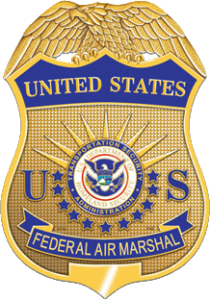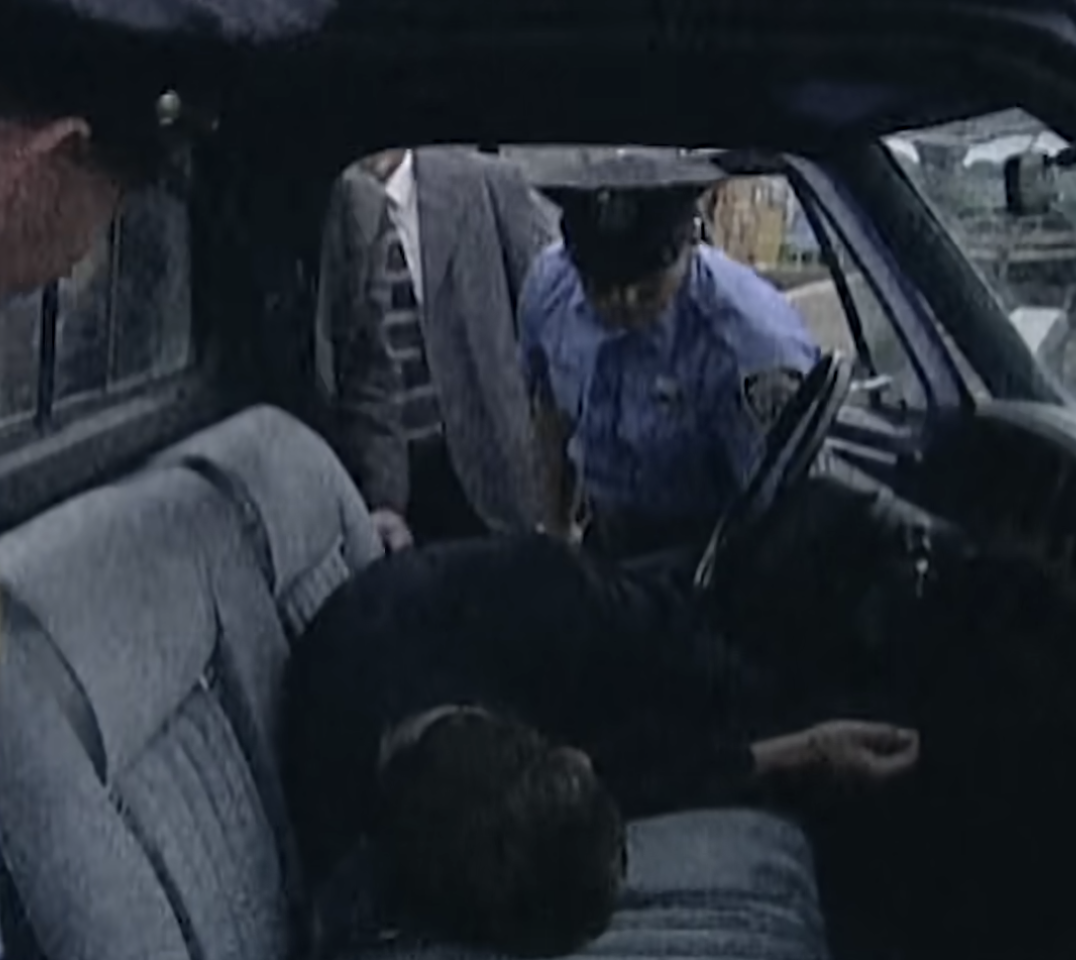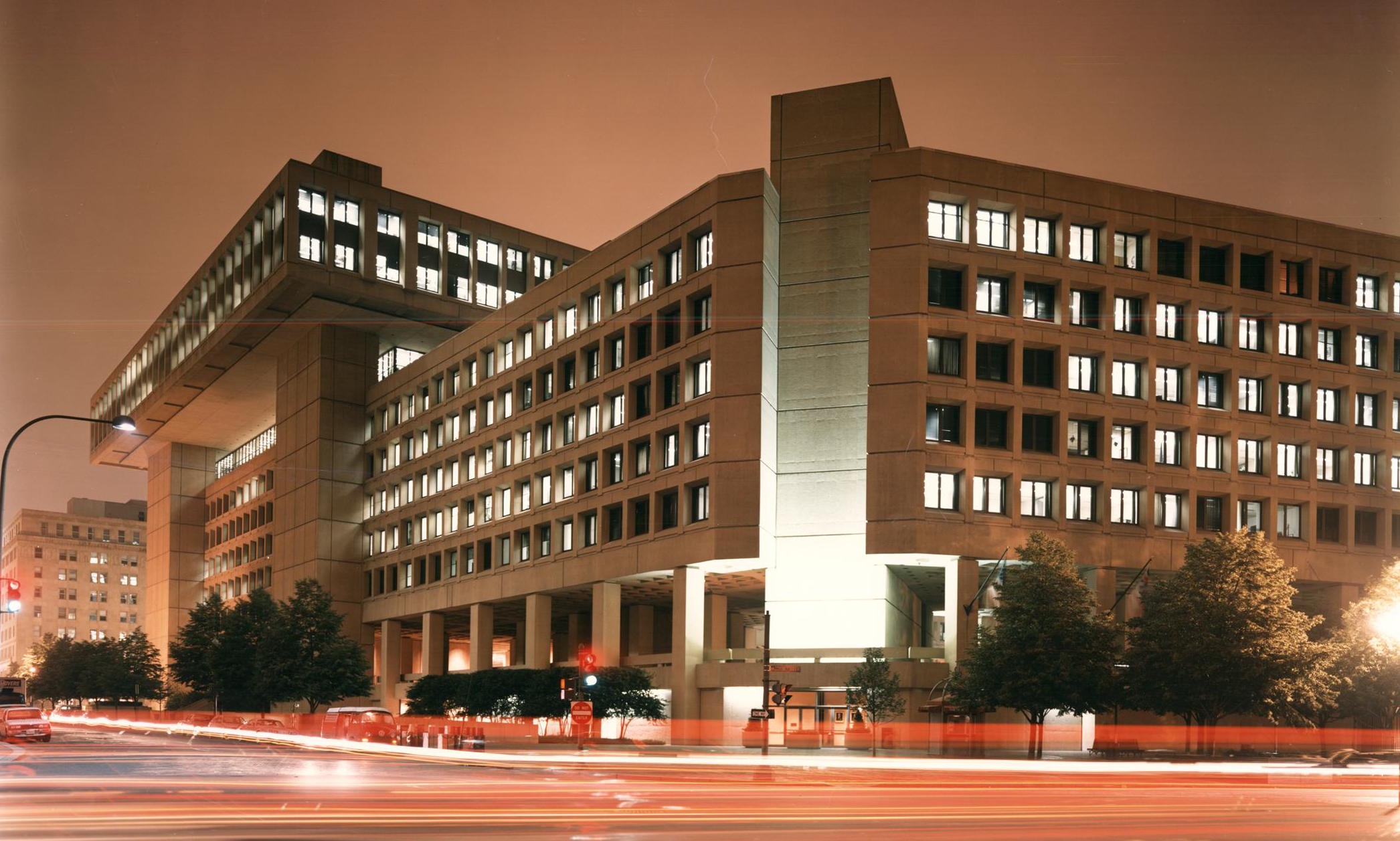By Steve Neavling
Federal air marshals are pushing for a break from the TSA, advocating for a new organizational home where they can fully embrace their law enforcement roles.
They argue that their current placement within the TSA limits their ability to perform broader police work and stifles their potential, The Washington Post reports.
“The air marshals feel like they are not performing law enforcement duties within the TSA,” said Air Marshal Association President John Casaretti in a Tuesday interview.
The association, which represents about half of the marshals, is calling for the creation of a separate law enforcement agency for the air marshals, either within the Department of Homeland Security, which currently oversees the TSA, or under the Department of Transportation.
A group of approximately 35 federal air marshals concluded that to effectively protect aviation and transportation systems, they need to handle the full spectrum of law enforcement work.
“In order to have a fully rounded program where we’re protecting transportation and aviation, we have to do the full suite of law enforcement work,” Casaretti explained.
While their primary responsibility is securing flights, the air marshals want to take on duties more typical of federal special agents, such as conducting investigations, handling insider threats, and responding to incidents at security checkpoints. Casaretti noted that, at present, “we’re pretty much on aircraft” and don’t receive enough intelligence to understand “specifically why we’re on the aircraft that we’re on.”
The Federal Air Marshal Service was created in 1962 to combat air hijacking and was significantly expanded after the September 11, 2001, attacks. Although the exact number of air marshals is classified, they are tasked with flying both domestically and internationally.
Casaretti’s proposal may resonate in Congress. Speaking before a House panel last week, he said, “air marshals believe that a lack of law enforcement culture makes the TSA either unable or unwilling to develop the FAM service to its fullest potential.”






